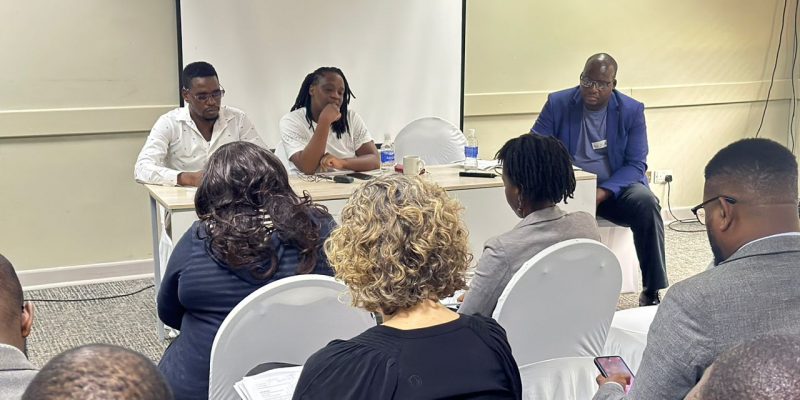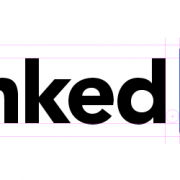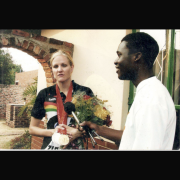Zimbabwe online players have been urged to avoid sensationalisation and disinformation as they produce their daily content.
Speaking during the United States Embassy Zimbabwe Exchange Alumni Summit 2023 in Harare, today, the Zimbabwe Online Content Creators (ZOCC) chairman Toneo Rutsito said disinformation was a scourge they need to deal with.
When fake news or false information is spread, it can undermine the credibility of legitimate journalism. This does not only leads to public scepticism towards the media but also makes it difficult for citizens to differentiate between accurate and false information.
“Disinformation is more dangerous to the media house propagating the information than it is to the society, kike cancer, it will destroy its host more
No one will take your publication seriously the moment they realise that they have been misinformed and taken for a ride “
Said Toneo.
Speaking to the topic of Disinformation in digital spaces and how it presents a threat to democracy, he noted that deliberately falsifying information inhibits the nation from fully participating in politics
Manipulation of Public Opinion through disinformation can be used to sway public opinion, influence elections, and shape political discourse. By spreading false narratives or misinformation, actors with malicious intent can manipulate public perceptions, erode trust in democratic institutions, and disrupt the free and fair exchange of ideas.
This causes polarization and division and often exploits existing societal divisions, amplifying tensions and polarizing communities. By spreading false or exaggerated information, disinformation campaigns can deepen differences, fuel social unrest, and undermine solidarity among citizens
Undermining Trust in Institution, via the same ill, democracies rely on the trust and confidence of the public in their institutions. Disinformation erodes this trust by sowing and casting doubt on the integrity and credibility of democratic processes, including elections, the media, and government institutions.
Disinformation campaigns can manipulate electoral processes by spreading false information about candidates, parties, or voting procedures. This can distort the electoral landscape, mislead voters, and potentially impact election outcomes.










Comments